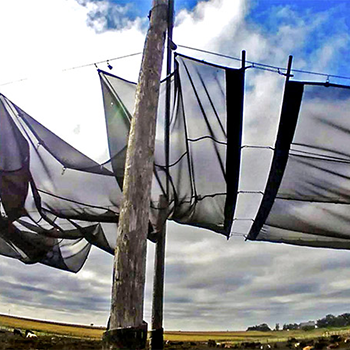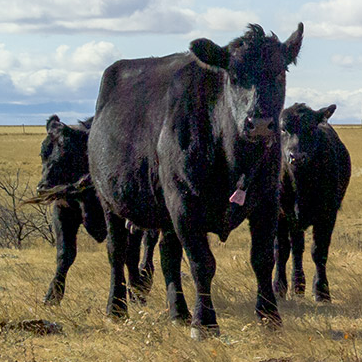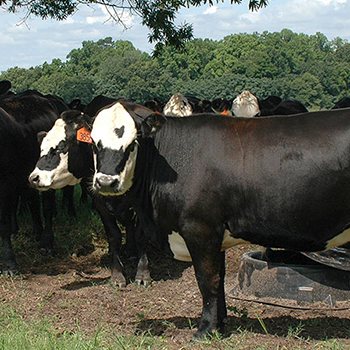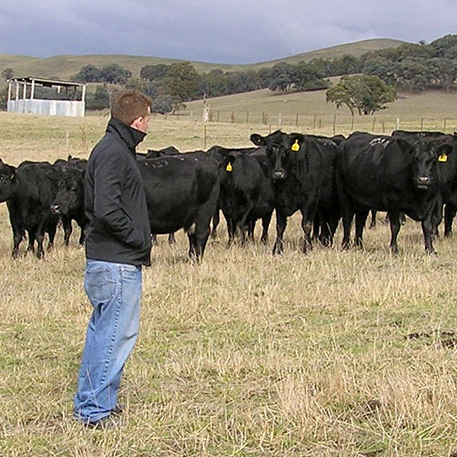One Health: The Balancing Act
Producers can continue to ensure proper antibiotic use by focusing on prevention.
For Amy White, the key to effective antibiotic stewardship is shifting the focus from intervention to prevention.
It’s important that the industry maintain access to antibiotics — because producers have an obligation to treat sick livestock.
“It’s a big concern for us, because when they’re sick, it’s just inhumane to not treat them,” says White, a Kentucky beef producer. “If an animal is sick or not feeling well, you want to make them feel well. You want to give them the appropriate antibiotic so that they can get back to their normal routine: eating grass, growing, being healthy. And if an animal is sick, they deserve to be treated.”
White raises registered and commercial cattle near Lexington, Ky., and was one of several producers who participated in last year’s National Institute for Animal Agriculture Antibiotic (NIAA) Symposium in Ames, Iowa.
The event brought together producers, veterinarians and scientists to share ideas on how to protect both human and livestock health through improved antibiotic stewardship — a one-health approach.
“We felt honored to be there. We were glad that they were willing to hear from our end. It also was good for us to be able to express our concerns and the things we see day to day that affect us and our bottom dollar,” she says.
White says the industry has a good story to tell when it comes to antibiotic stewardship.
According to the Food and Drug Administration (FDA), domestic sales and distribution of all medically important antibiotics used for livestock decreased 38% from 2015 — when sales peaked — to 2018.
Producers can continue that progress by working with veterinarians to design a herd health program, providing proper cow nutrition, preconditioning and vaccinating calves, practicing good animal handling, and adopting simple steps like fenceline weaning, to name a few.
“Our cow herd receives a vaccination spring and fall, and dewormers spring and fall so [that] they’re banking the required nutrients in their colostrum,” White says.“So, when that calf is born, he hits the ground running. He’s already got an immune system built into him from his mother.”
Just as you would take care of your child, antibiotics are used only as needed, she emphasizes. If they were sick with the common cold, you wouldn’t use an antibiotic, but if it were something worse, you would.
“I would like [consumers] to know that we treat our animals humanely,” White says. “They are our livelihood, just as the land is.”
Learn more in a video available at https://vimeo.com/394292912/ba18d1f940.
Learn more at animalagriculture.org or kybeef.com.
Editor’s note: This article is from the National Institute of Animal Agriculture and the Kentucky Beef Council.




